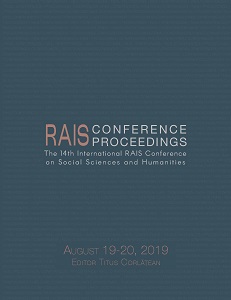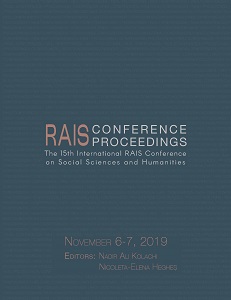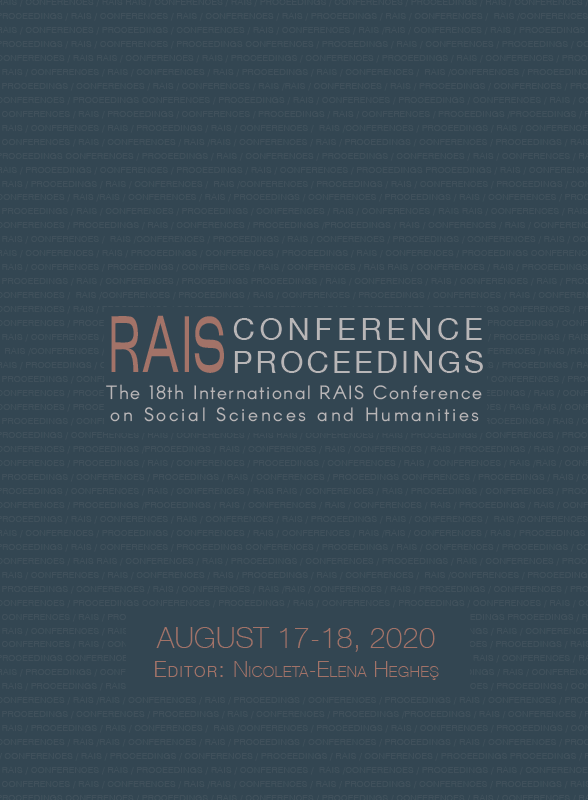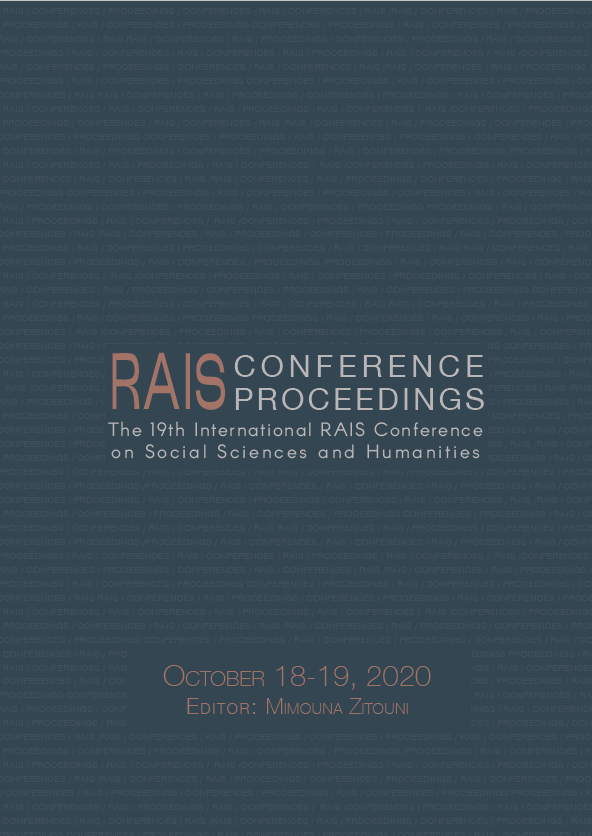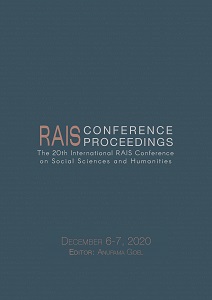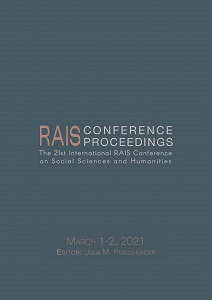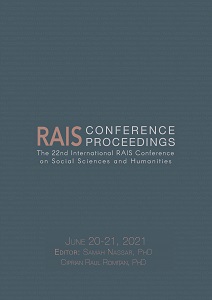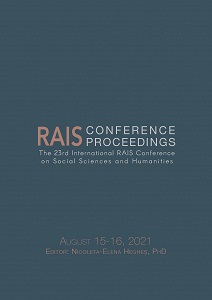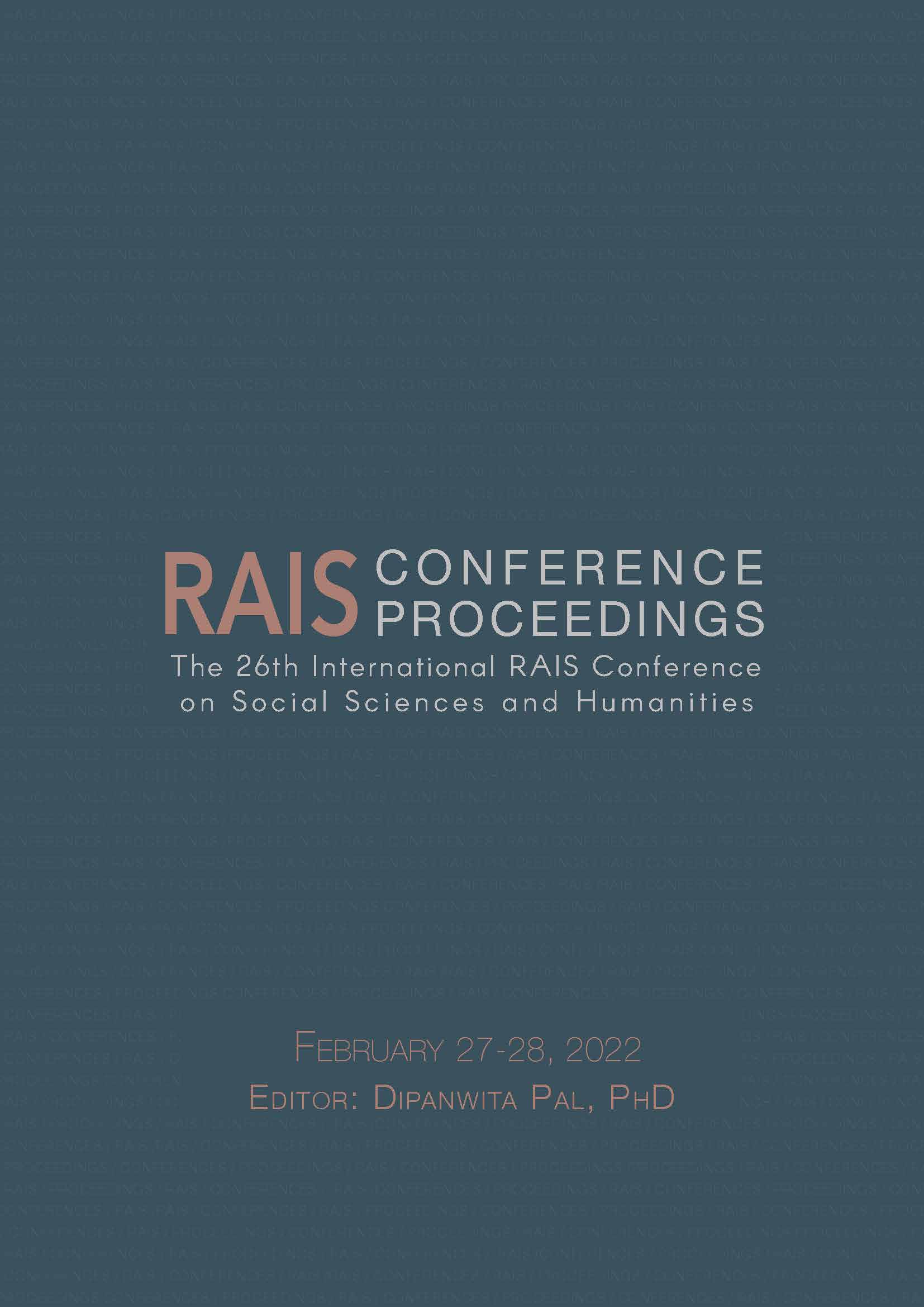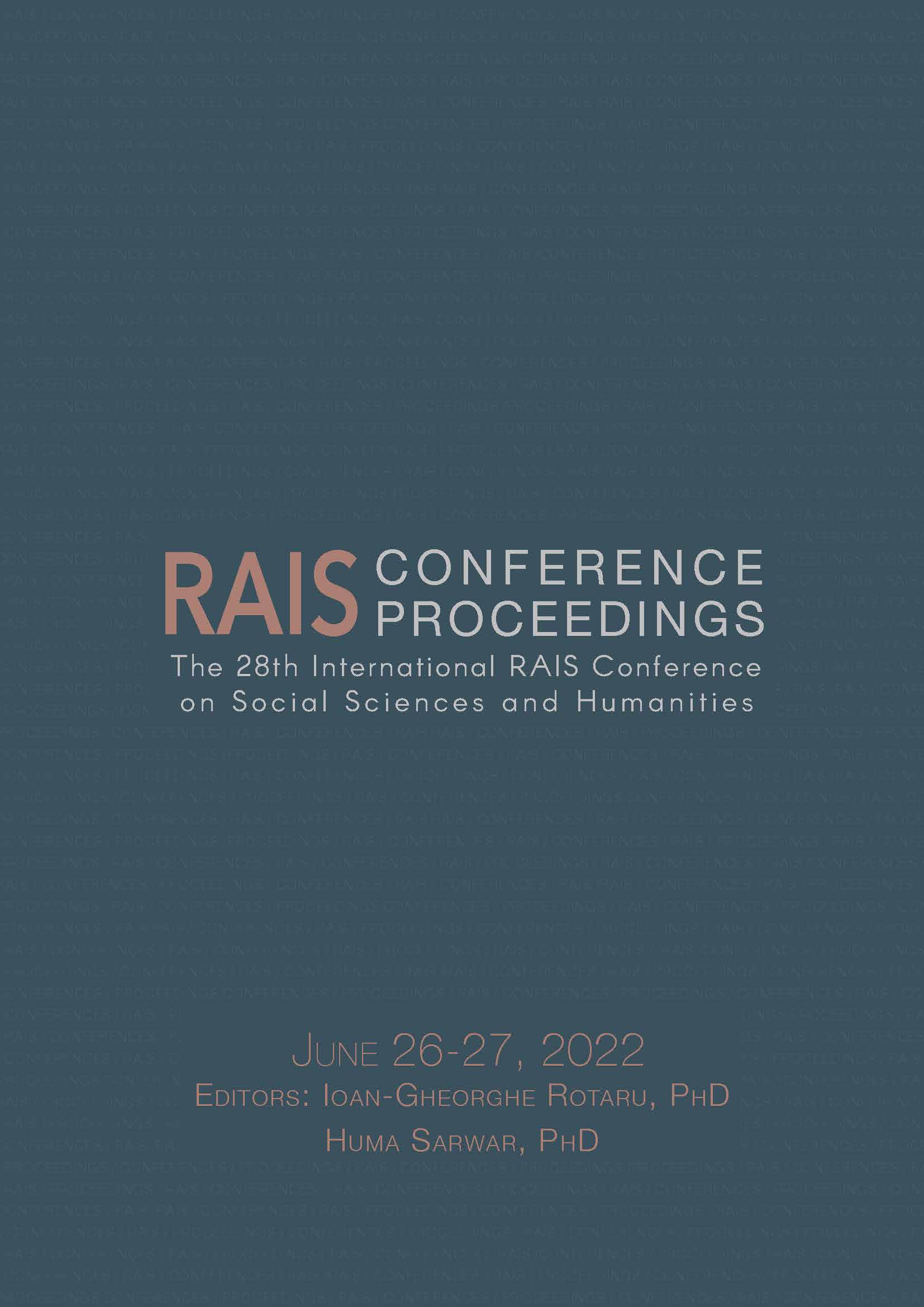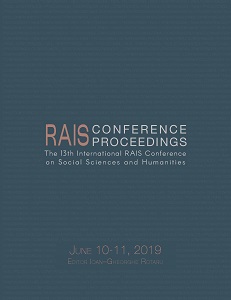
Criminological Analysis of the Antisocial Personality of the Terrorist
Criminological Analysis of the Antisocial Personality of the Terrorist
Keywords: antisocial personality disorder; suicidal behavior; radicalization;
This article describes the causal link between the antisocial personality of the terrorist and the suicidal behavior that preceded the passage to the criminal act. People with antisocial personality disorder are characterized as aggressive, irresponsible, cynical, impulsive, empathy-free, have a criminal behavior and know the experience of professional failure. From a psychoanalytic point of view, the terrorist has a devalued Superego, the ego is influenced by the drive of destruction, and can no longer censor the morbid demands of Id. Anticipating the sanction and assessing the consequences of the criminal act lead to the inhibition of the aggressive personality, the passage to the act being stopped by the moral barrier, by the censorship of the overwhelm in the case of a social being. The concept of radicalization is presented in comparison with the failure of social integration programs. Radicalization is preceded by suicidal behavior.
More...
